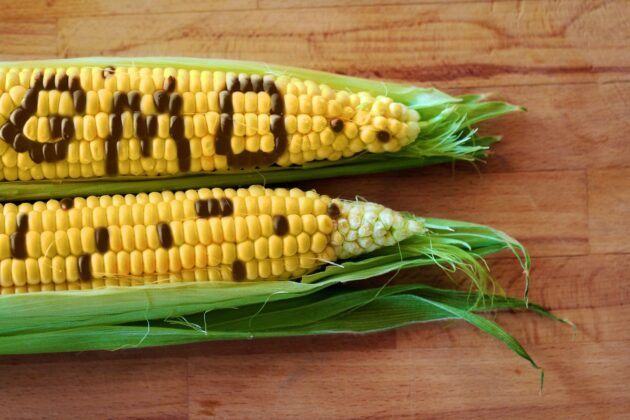
Biosafety regulator convenes forum on GMO safety in Naivasha » Capital News
NAIROBI, Kenya, Jun 6 — Experts, government officials, scholars, policymakers, researchers, farmers, and youth representatives will converge next week in Naivasha, Nakuru County, to take stock of the achievements and challenges in embracing modern biotechnology in Kenya.
The conference, themed “13 Years Later: Building Trust and Ensuring Safety of Genetically Modified Organisms,” will reflect on Kenya’s journey toward adopting modern biotechnology.
This will be the 13th edition of the conference organized by the National Biosafety Authority (NBA), which is mandated to supervise and control the transfer, handling, and use of Genetically Modified Organisms (GMOs) to ensure the safety of human and animal health, and protect the environment.
The forum will serve as a national dialogue on modern biotechnologies and biosafety matters and will be officially opened on Tuesday, June 10, 2025, by Cabinet Secretary for Agriculture and Livestock Development, Mutahi Kagwe.
According to the Authority’s Acting Chief Executive Officer, Nehemiah Ngetich, the event will run from June 10 to 12.
Ngetich emphasized that Kenya has a well-established legal, regulatory, and institutional framework that provides streamlined processes for persons dealing in GMOs and GMO-derived products.
He noted that the framework outlines specific application requirements, safety assessment procedures, and monitoring mechanisms, all aligned with Kenya’s commitment to food safety, environmental protection, and the socio-economic well-being of its citizens.
Among the key sub-themes for discussion at the conference are; regulatory frameworks for GMO Safety which will explore the policies, laws, and institutional frameworks governing the safe development, handling, and commercialization of genetically modified organisms (GMOs).
It highlights the role of biosafety regulations in ensuring that GMOs undergo rigorous risk assessments before approval for research, release, or consumption and the discussion will cover international laws, such as the Convention on Biological Diversity and the Cartagena Protocol on Biosafety, as well as national regulatory structures that oversee compliance, risk management, and public engagement.
On GMO safety assessment and product labelling, the focus will be on the scientific methodologies used to evaluate the safety of genetically modified organisms (GMOs) before their approval for research, cultivation, or consumption.
“It will cover key aspects of risk assessment, including substantial equivalence, environmental impact, allergenicity, toxicity, and long-term health effects. The discussion will highlight internationally recognized protocols and national regulatory approaches,” NBA stated.
It will also explore the significance of labeling regulations for genetically modified (GM) products for confirmation of safety of GM products, promoting consumer choice and traceability and how clear labeling fosters public trust, market confidence, and regulatory compliance while addressing challenges such as misinformation and the balance between mandatory and voluntary labeling approaches.
The Conference will also look at collaborative approaches to GMO Research and Development with focus on the power of multi-stakeholder collaboration in ensuring the safe development and adoption of genetically modified organisms (GMOs).
It will highlight the role of public-private partnerships and public-public partnerships in advancing GMO research, safety assessments, and responsible commercialization through shared safety data, expertise and resources.
Additionally, the discussion will focus on how non-governmental organizations (NGOs) and county governments contribute to biosafety advocacy, policy implementation, and community awareness.
The Biotechnology advances and emerging opportunities will examine the latest advancements in biotechnology, including genome editing and synthetic biology, as well as the transformative impact of AI on enhancing research, decision-making, and productivity.
Participants will also gain insights into how AI-powered data analytics are accelerating biotech research, improving crop breeding, optimizing supply chains, and enhancing biosafety monitoring.
At the national level, Kenya approved the National Biotechnology Development Policy in 2006, enacted the Biosafety Act in 2009 and has so far published four Biosafety Regulations namely; the Biosafety (Contained use) Regulations, 2011; the Biosafety (Environmental Release) Regulations, 2011; the Biosafety (Import, Export, and Transit) Regulations, 2011; and the Biosafety (Labelling) Regulations, 2012.
The Authority is guided by the provisions of the Cartagena Protocol on Biosafety, the Biotechnology Policy, the Biosafety Act and a set of Biosafety Regulations.
It is also Kenya’s National Focal Point for the Cartagena Protocol on Biosafety, the global biosafety regulatory framework under the Convention on Biological Diversity.